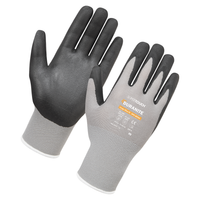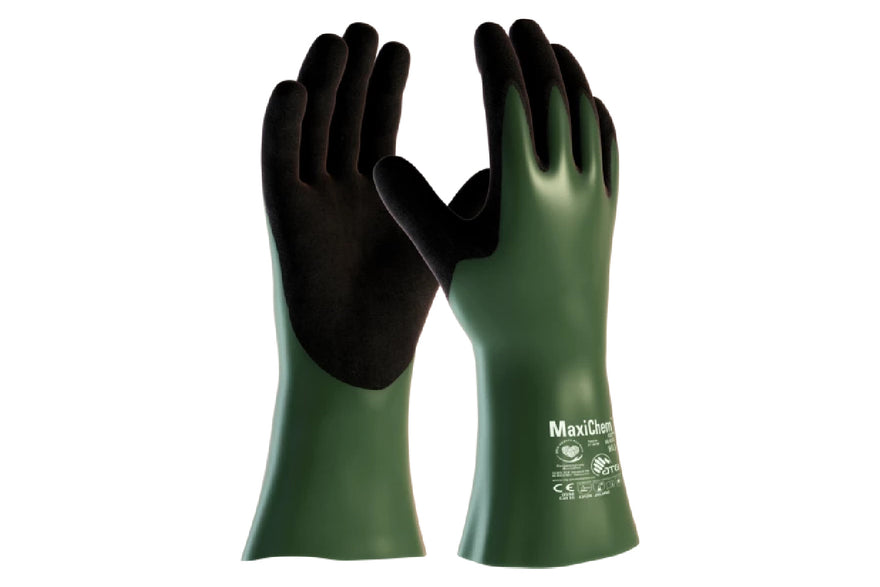Getting The Best Gloves For Working With Chemicals For You
Grip
Always consider a chemical-resistant glove's grip when evaluating its suitability for the task at hand. A better grip reduces the risk of mistakes, accidents, and burns.
Breathability
While clammy hands won't affect a glove's protective ratings, they can shorten the amount of time a worker is willing to wear them. If workers remove their chemical-proof gloves to let their hands breathe, this may increase the risk of exposure to chemicals/hazardous substances.
Chemical Resistance
Consider the length of time you will need protection from chemicals, and remember to dispose of the glove according to the manufacturer's guidelines.
Correct Chemical Certification
Ensure you have chosen a glove that provides protection against the correct kinds of chemicals in your work environment. Keep in mind that chemical work gloves don’t shield against every type of chemical!
Materials
Consider any potential allergies or sensitivities you may have to common glove materials. For individuals with latex allergies, for example, non-latex alternatives like nitrile gloves should be chosen.
Temperature
Ensure the glove is rated to provide resistance if working in environments with extreme temperatures (hot or cold).






